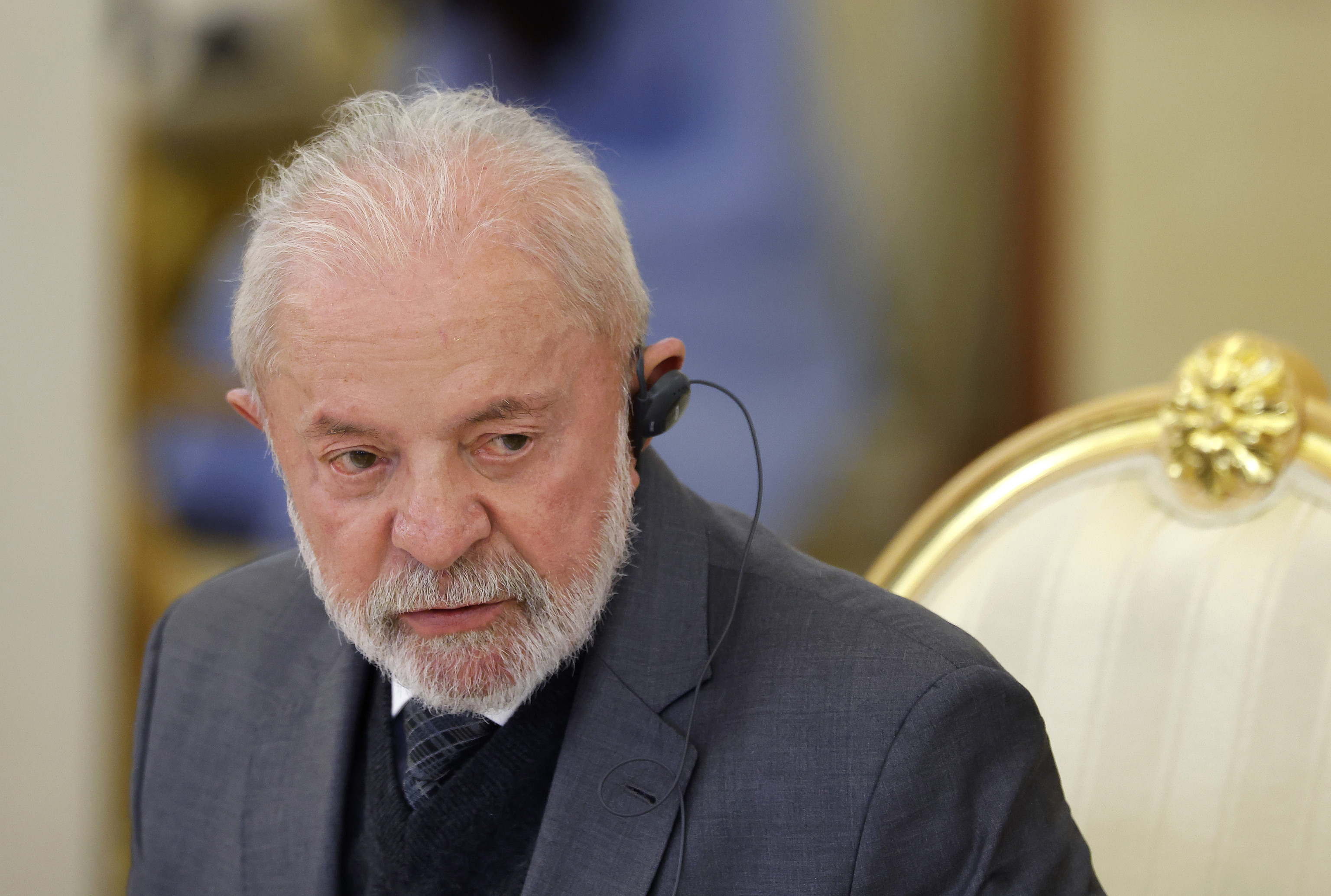Brazilian President Lula da Silva and Chinese Xi Jinping coincided last Friday at the Red Square in Moscow, supporting Vladimir Putin during the Victory Day parade to commemorate the 80th anniversary of the victory over Nazi Germany in World War II. Now, both leaders will meet again, this time in Beijing, for a State visit by the Brazilian, which also serves as a prelude to an important summit in the Chinese capital starting on Tuesday between several Latin American countries and the Asian superpower.
Lula (79 years old) landed in Beijing on Saturday night with the purpose of further strengthening commercial and diplomatic ties with his colleague Xi (71 years old), with whom he already closed dozens of ambitious cooperation agreements when the Chinese leader visited Brasilia in November. "We will establish new alliances and sign agreements in multiple areas," Lula stated as soon as he set foot in the country that is Brazil's largest trading partner.
Lula and Xi have shared in recent months a very critical stance against the global trade warunleashed by Donald Trump, even using the same terms ("intimidation") to denounce U.S. tariffs, which have particularly shaken China.
The Asian giant is now ramping up its purchases of soybeans from Brazil, reducing its dependence on imports from the U.S., which was one of its main suppliers of this highly demanded product in local cuisine. China, the world's largest soybean buyer, recently lifted restrictions on shipments of Brazilian soybeans from five companies previously suspended due to phytosanitary concerns.
For the Chinese regime, Brazil is a key player in the group of allies from the Global South that Beijing has been trying to woo in the face of the isolationist turn of the U.S. with Trump in the White House. Lula and Xi lead two of the countries that head the BRICS, an acronym for the five emerging economies (China, Brazil, Russia, India, and South Africa) that together represent approximately a quarter of the global economy and have in recent years opened their grouping to several countries.
As a significant gesture towards Brazil, Xi appointed the former Brazilian President Dilma Rousseff to head the BRICS bank (New Development Bank), based in Shanghai, a couple of years ago. Rousseff has mentioned on occasion that this entity could become an alternative to the World Bank and the International Monetary Fund (IMF) for nations in the Global South. Xi and Lula will meet again in July at a BRICS summit in Rio de Janeiro.
In addition to Lula, other leaders and high officials from Latin America and the Caribbean will parade through Beijing this week, such as the Colombian Gustavo Petro and the Chilean Gabriel Boric. Foreign Ministers from Argentina, Peru, Venezuela, Mexico, and Cuba will also arrive for a meeting with Chinese Foreign Minister Wang Yi.
"The countries of Latin America and the Caribbean have greatly suffered from unilateral sanctions and hegemonic harassment, severely affecting their economic development and the livelihood of their people," Wang stated this past weekend. "All these countries are sovereign and independent states, not anyone's backyard."
